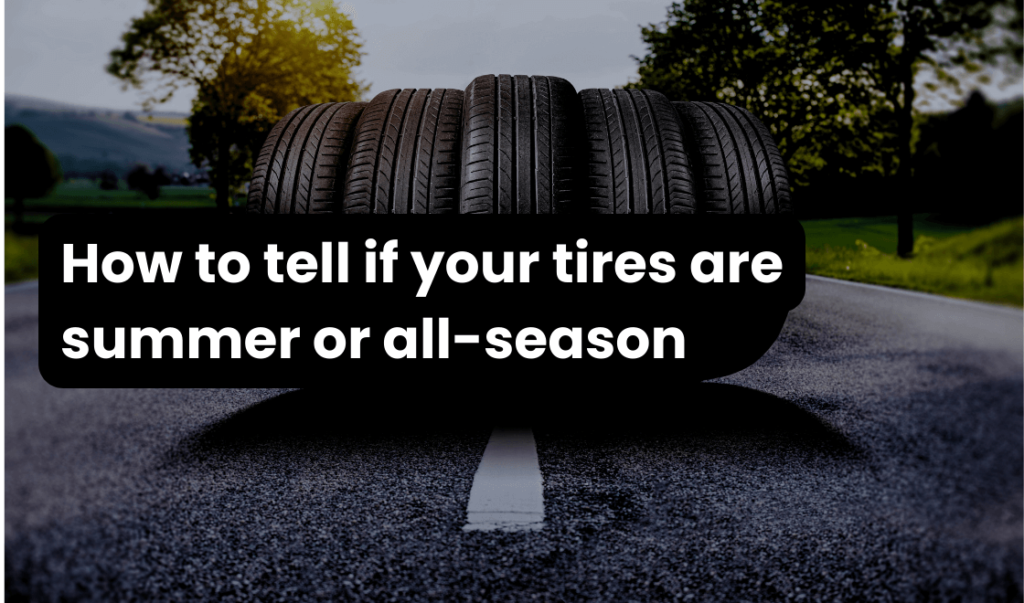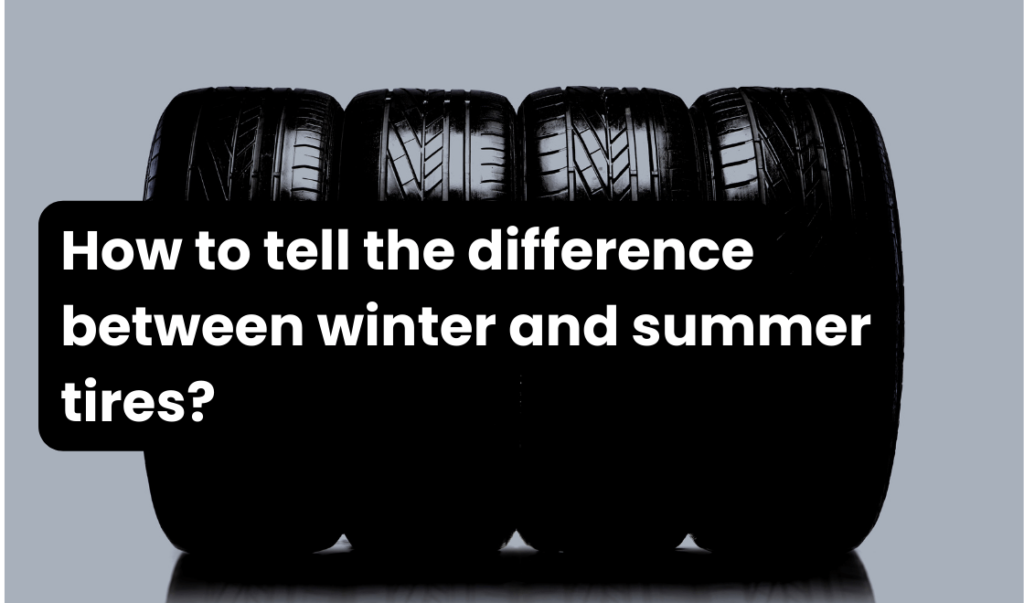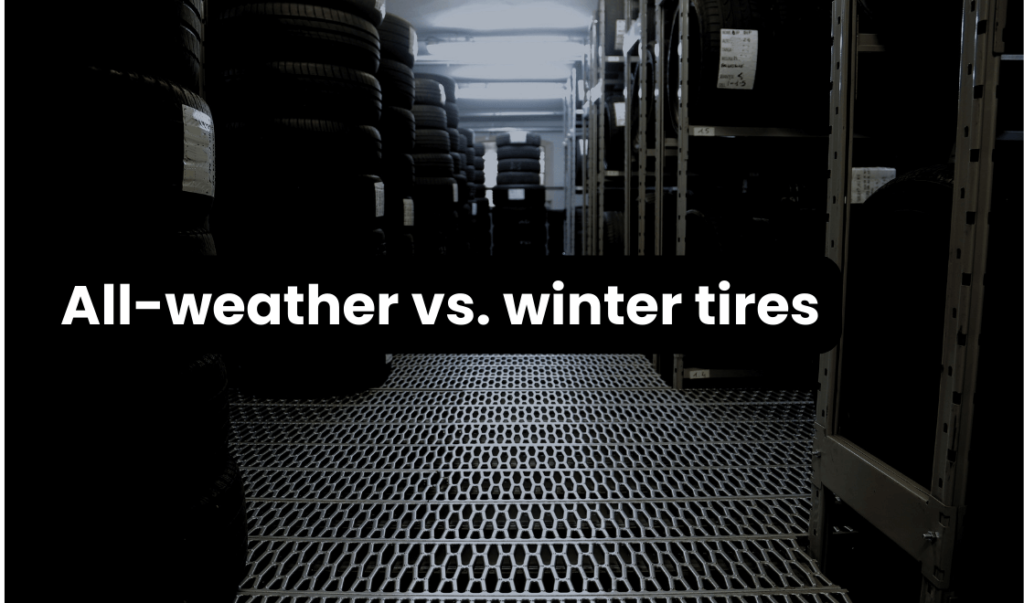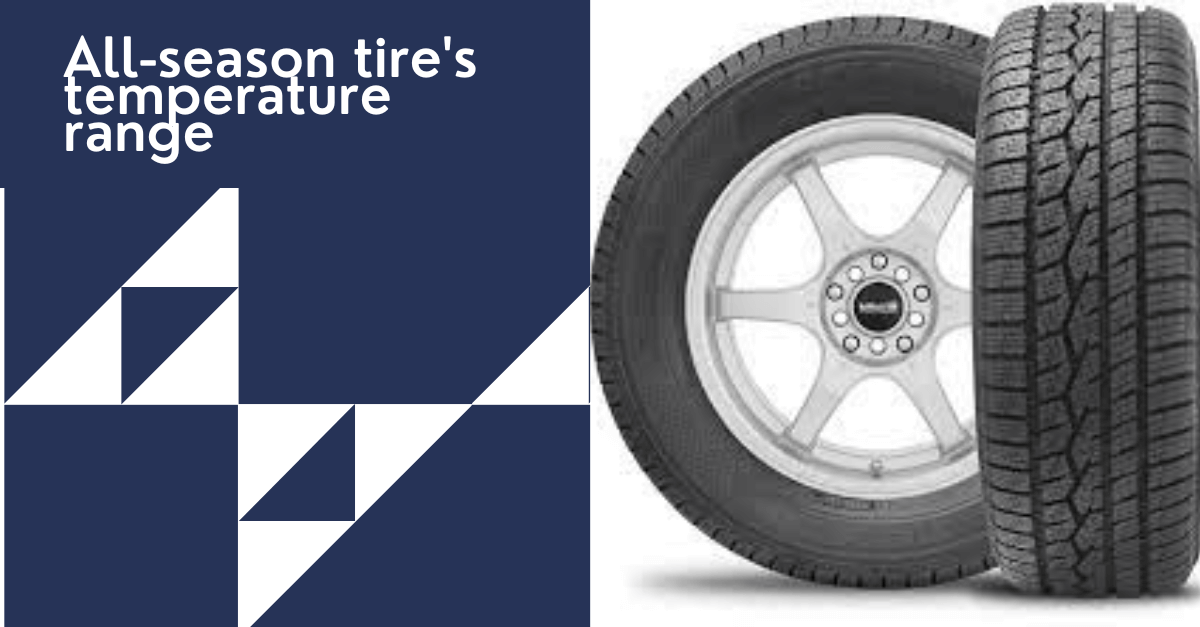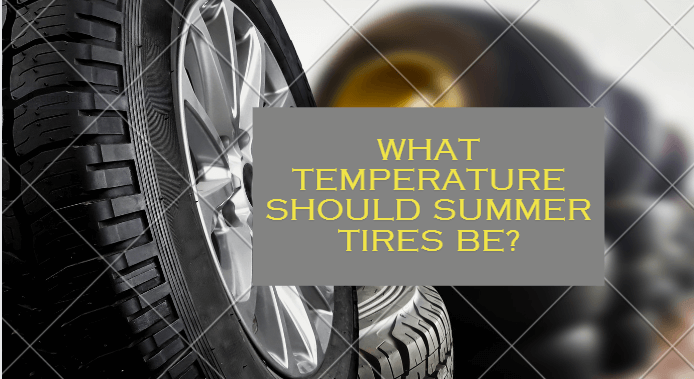As the summer months draw near, drivers find themselves grappling with the decision of whether to change or stick with their current tires, all while anxiously considering the ideal temperature thresholds for both summer and winter driving conditions. Indeed, the efficacy of your tires is intricately linked to the prevailing weather patterns in your area. Understanding the nuanced temperature ranges and pinpointing the optimal conditions for tire performance is paramount. In this discourse, we embark on a comprehensive exploration aimed at elucidating the nuances of summer tires and identifying the optimal temperature and weather conditions for their installation. So, if you’re eager for insights, read on as we delve deep into this topic. Allow us to guide you through every aspect of this discussion. What temperature should summer tires be? A Brief Introduction to Summer Tires Summer tires stand out in the tire landscape for their remarkable performance attributes, including superior handling, traction, and resilience in warmer climates. These tires are typically recommended for use when temperatures exceed 7 degrees Celsius or 45 degrees Fahrenheit. Crafted with a specialized rubber compound and a distinct tread pattern, summer tires excel in maintaining a firm grip on dry, hot, and even wet road surfaces. Their unique design facilitates heightened responsiveness, robust braking capabilities, and exceptional handling, ensuring a safe and controlled driving experience even in challenging conditions. Optimal Temperature Range of Summer Tires The optimal temperature range of summer tires is between 7 degrees Celcius to 32 degrees Celcius. Within this temperature range, the performance of that compound material of summer tires performs at its peak. However, when the temperature is getting higher than the temperature, it will allow the tire to maximize traction on the surface. Conversely, if you use these summer tires in lower temperatures then the material of the tire does not respond in the same way. The rubber compound gets stiffened and leads to loose griping and comprised handling. Effect of temperature extremes It is important to know about the effect of summer tires on temperature extremes to use these tires properly. When the temperature crosses 32 degrees Fahrenheit then the rubber compound of the summer tires gets extremely soft which may lead to increased tread wear. This can also reduce the life of the tire. Moreover, if you find the temperature at an extreme level and also drive speedily at that same extreme temperature then you may surely have the risk of blowing out the tire because of overheating. However, if you are using summer tires blow temperature of 7 degrees Celsius it will result in decreased traction and flexibility. At this point, the rubber compound is not able to make the proper connection with the road, and this leads to loss of traction, reduced grip, and longer braking stopping distance that reduces the quality of the tire and decreases the overall performance. Adapting to changing the temperature In the summer season, temperature changes a lot. That is why drivers may get more concerned about their vehicles and their safety while driving. To stay safe, it is required to keep an eye on the weather forecast and be estimated of the upcoming weather conditions. When the weather gets colder or warmer the air in your tires also changes. This also affects the performance of your driving and reduces the chances of safety. That is why checking the pressure of the tire regularly, especially in extreme weather conditions is advisable to prevent big damage. Tips for summer tire maintenance Following are some tips that you should follow in the summer season to enjoy safe driving; The Bottom Line That’s all about this reading. I hope you are satisfied after knowing about the optimal temperature for the summer tires. These details will surely help you to increase the lifetime of your tire and also impact positively on the performance. Drivers should need to inspect everything properly before going on any ride to prevent any hassle in the middle of the road. All the important things are purely mentioned in this discussion. So, why are you standing here? Go and start your ride and make your journey more comfortable with the summer tires.

